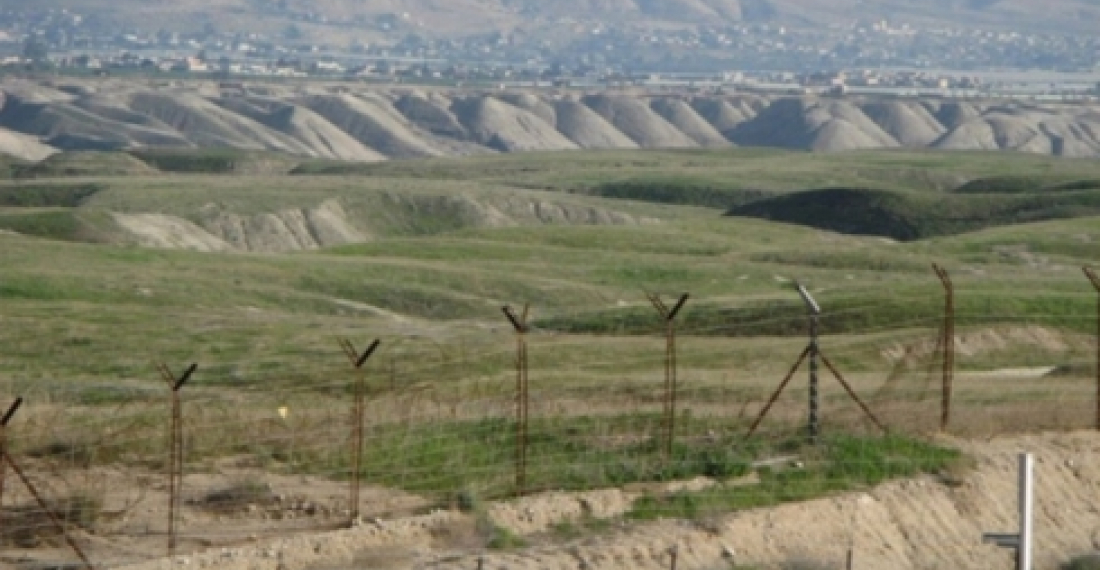Azerbaijan has accused Armenia of violating the cease fire on the line of contact separating the two sides in the Nagorno-Karabakh conflict zone 64 times in the last day. A statement by the Ministry of Defence of Azerbaijan said that the situation on the contact line between Azerbaijan and Armenia has remained tense. The Ministry said that the ceasefire "was violated in Alibayli and Kokhanabi villages of Tovuz district, Goyarkh village of Tartar district, Tapgaragoyunlu village of Goranboy district, Yusifjanli, Marzili, Kangarli, Shuraabad, Sarijali and Bash Garvand villages of Aghdam district, Kuropatkino village of Khojavand district, Horadiz, Garakhanbayli, Gorgan, Ashaghi Veysalli and Ashaghi Seyidahmadli villages of Fuzuli district, as well as unnamed hills in Khojavand and Fuzuli districts".
In a further statement the Azerbaijani Defence Ministry stated that on January 3 "the Armenian Armed Forces opened intensive fire at the positions of Azerbaijani Armed Forces and villages along the front-line by using large caliber weapons, anti-tank grenade launchers, and 60 and 82 mm mortars", according to the Azerbaijani news agency APA. The agency quoted a Ministry spokesperson as saying "We state unambiguously that Armenian armed forces' continuous firing at civilians and villages urges the Azerbaijani side to take adequate and drastic measures by using its all military capabilities which will lead the Armenian Armed Forces to more severe causalities, and the weak Armenian leadership will bear full responsibility for these actions." Neither side reported casualties overnight. The day before Armenia said that two of its military had been killed and one wounded on the night 2-3 January as they repelled an attempted Azerbaijani incursion. Azerbaijan denied the incident.
source: commonspace.eu with APA and Trend News Agencies
photo: General view of Karabakh conflict zone (archive picture)







